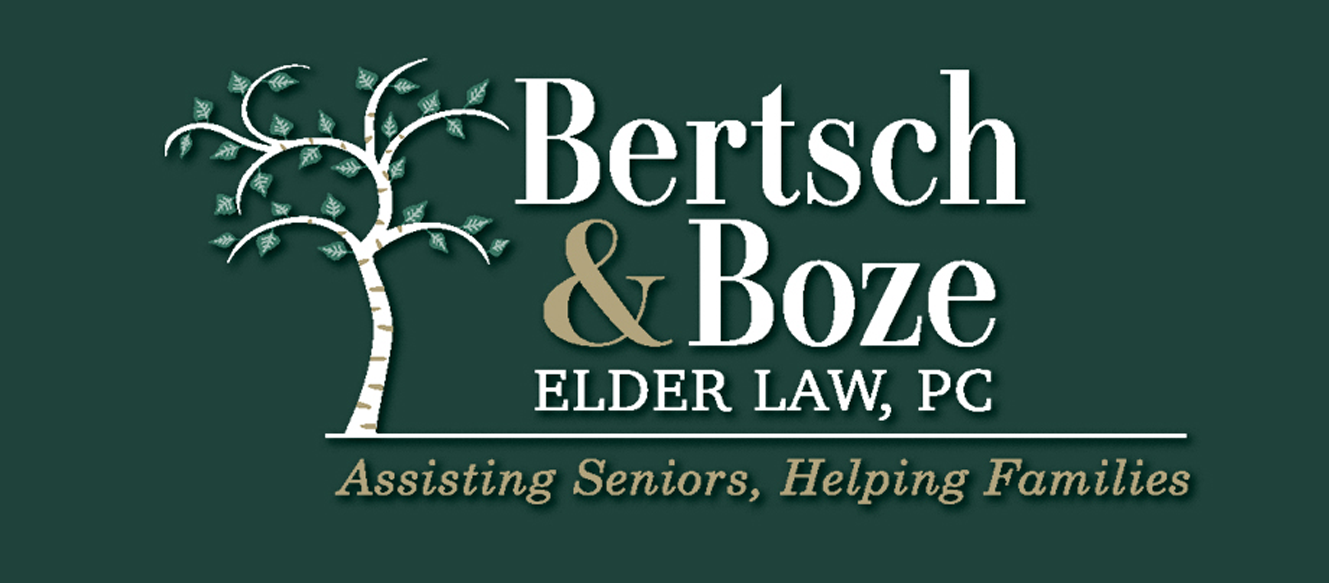How a Trust Attorney Will Set Up Your Children
Understanding the role a trust attorney plays in securing your children’s financial future is critical for effective estate planning. This article explores the crucial steps and considerations a trust attorney takes to ensure that your children are well provided for, both during your lifetime and after. A trust attorney helps create legally binding documents that outline how assets are managed and distributed, providing clarity and protection for your family. By anticipating potential challenges and addressing them proactively, they help minimize disputes and ensure your children’s financial security is preserved according to your wishes.
The Role of a Trust Attorney
Estate planning is an essential element of financial management, ensuring that your wealth is distributed according to your wishes after your death. A trust attorney is instrumental in this process, providing expertise and guidance. They help clients navigate the complexities of legal requirements and documentation. Despite the significance of estate planning, many individuals delay or avoid these discussions. According to Legal Zoom, 41% of people between the ages of 18 and 34, and 34% of people between 35 and 54, have never discussed estate planning with anyone.
Establishing a trust provides numerous advantages in managing and protecting assets for child support. A trust offers a structured framework to ensure that financial resources are allocated responsibly. Trusts can prevent assets from being squandered or mismanaged, offering a safety net for children's futures. Furthermore, a trust can help manage tax liabilities, preserving more wealth for beneficiaries.
A trust attorney assists in setting and evaluating long-term financial goals for clients. They work closely with families to understand their aspirations, needs, and constraints. By defining these goals clearly, a detailed estate plan can be crafted to meet both current and future requirements. This strategic planning ensures that resources are allocated in a manner that reflects clients' desires.
Setting Up a Living Trust
A living trust consists of several key components that collectively secure an individual's assets. It includes the grantor, trustee, and beneficiaries, each with defined roles. The grantor transfers assets into the trust, establishing guidelines for their management. Trustees manage the trust following these guidelines, acting in the best interests of beneficiaries. Clearly defined provisions ensure smooth administration and legal adherence.
The selection of a trustee is a significant decision within the trust creation process. Trustees play a critical role in managing assets, making the right choice paramount to the trust's success. Trust attorneys provide valuable insights into selecting this pivotal figure or entity. Trustees can be family members, friends, professionals, or institutions, each offering distinct advantages and considerations.
Trusts can be categorized as revocable or irrevocable, each serving different purposes and offering distinct benefits. A revocable trust allows the grantor to modify or revoke provisions during their lifetime, offering flexibility. On the other hand, an irrevocable trust offers heightened asset protection and tax benefits. Once established, an irrevocable trust cannot be altered without beneficiary consent.
Funding the Trust
Determining which assets to include in a trust is a crucial step in its effective implementation. Trust attorneys conduct thorough evaluations to identify suitable assets. These may include real estate, investment accounts, business interests, and more. The goal is to balance asset protection and availability to beneficiaries, ensuring legal compliance. Assets chosen for inclusion directly impact the trust's efficacy and the family's financial security.
To realize a trust’s goals, it is essential to transfer property titles into the trust legally. This process involves changing ownership from the individual to the trust entity. Trust attorneys navigate the legal requirements of title transfer, ensuring accuracy and legality. Proper transfer protects assets from becoming part of the probate process, accelerating distribution. This step is pivotal for maintaining control and ensuring assets are managed according to the trust.
Trusts have significant tax implications, demanding careful planning to maximize benefits. A trust attorney works with tax professionals to devise strategies that minimize tax burdens. This planning may involve gift tax exclusions, estate tax reductions, and income tax considerations. Understanding and navigating these complexities enhances the trust's value and longevity. Effective tax planning ensures more wealth is preserved for beneficiaries.
Creating Specific Provisions for Children
A primary focus of many trusts is to fund educational expenses, ensuring children have access to quality education. Provisions can specify how and when funds are distributed to cover tuition, books, and related costs. Trust attorneys craft these provisions to provide clarity and manage expectations. By earmarking resources for education, a trust supports children's career aspirations and future independence.
Trusts can address medical and special needs, providing critical financial support and stability. Medical expenses, including insurance, treatments, and emergencies, can be covered through designated trust funds. If a child has special needs, provisions may include care, therapy, and accessibility requirements. Trust attorneys ensure that these considerations are comprehensively addressed within the trust document.
Contingency plans are crucial in trusts, preparing for unforeseen emergencies and ensuring continued care. Funds may be set aside specifically for emergencies, offering a financial safety net. Trust attorneys anticipate potential scenarios, guiding the creation of thorough provisions. This proactive planning mitigates risks associated with unexpected life events. A robust trust plan considers all possibilities, providing comprehensive protection for beneficiaries.
Communication and Collaboration with Family
An open dialogue with children about a trust plan fosters understanding and cooperation. Discussing the trust’s purpose and terms ensures transparency and sets expectations. A trust attorneys can facilitate these discussions, helping clarify legal aspects. This engagement demystifies the trust process for children, who may later play roles as trustees or beneficiaries.
Involving extended family in trust planning can strengthen support networks and provide additional perspectives. Trust attorneys coordinate discussions with key family members to align goals and expectations. This collaboration can identify additional resources or insights beneficial to the trust's framework. A unified family approach can reduce conflicts and promote harmony.
Regular updates and meetings with your trust attorney ensure that the trust remains relevant and effective. These meetings review the trust’s performance and address any necessary adjustments. Family members can participate, offering feedback and gaining clarity on the trust’s terms. Trust attorneys facilitate these updates, ensuring timely implementation of changes.
Reviewing and Updating the Trust
Life changes such as births, deaths, marriages, or divorces can significantly impact trust plans. Regular reviews account for these events, ensuring the trust remains aligned with its objectives. Trust attorneys assess the implications of these changes, recommending updates as needed. Proactive adjustments safeguard the relevance and efficacy of the trust.
The legal landscape surrounding trusts is dynamic, requiring awareness and adaptability. Legislation and regulatory adjustments can affect trust structures and administration. Trust attorneys stay abreast of these changes, informing clients of necessary updates. Ensuring compliance with current laws prevents legal challenges and enhances trust validity.
Conducting annual trust reviews ensures its continued alignment with family needs and legal requirements. These reviews assess financial performance, beneficiary circumstances, and trust terms. Trust attorneys guide these evaluations, highlighting opportunities for enhancement. Regular revisions ensure the trust’s objectives are met and beneficiaries are protected. An annual review strategy maintains the trust’s ongoing efficacy and integrity.
A trust attorney plays a pivotal role in ensuring that your children's future is secure and structured according to your wishes. By taking a comprehensive approach in collaboration with your attorney, you can establish a robust trust that addresses both immediate needs and future scenarios, thus providing peace of mind for your family. If you need the services of professional attorney while planning for your estate, contact The Law Offices of Carol Bertsch, PC.










Share On: